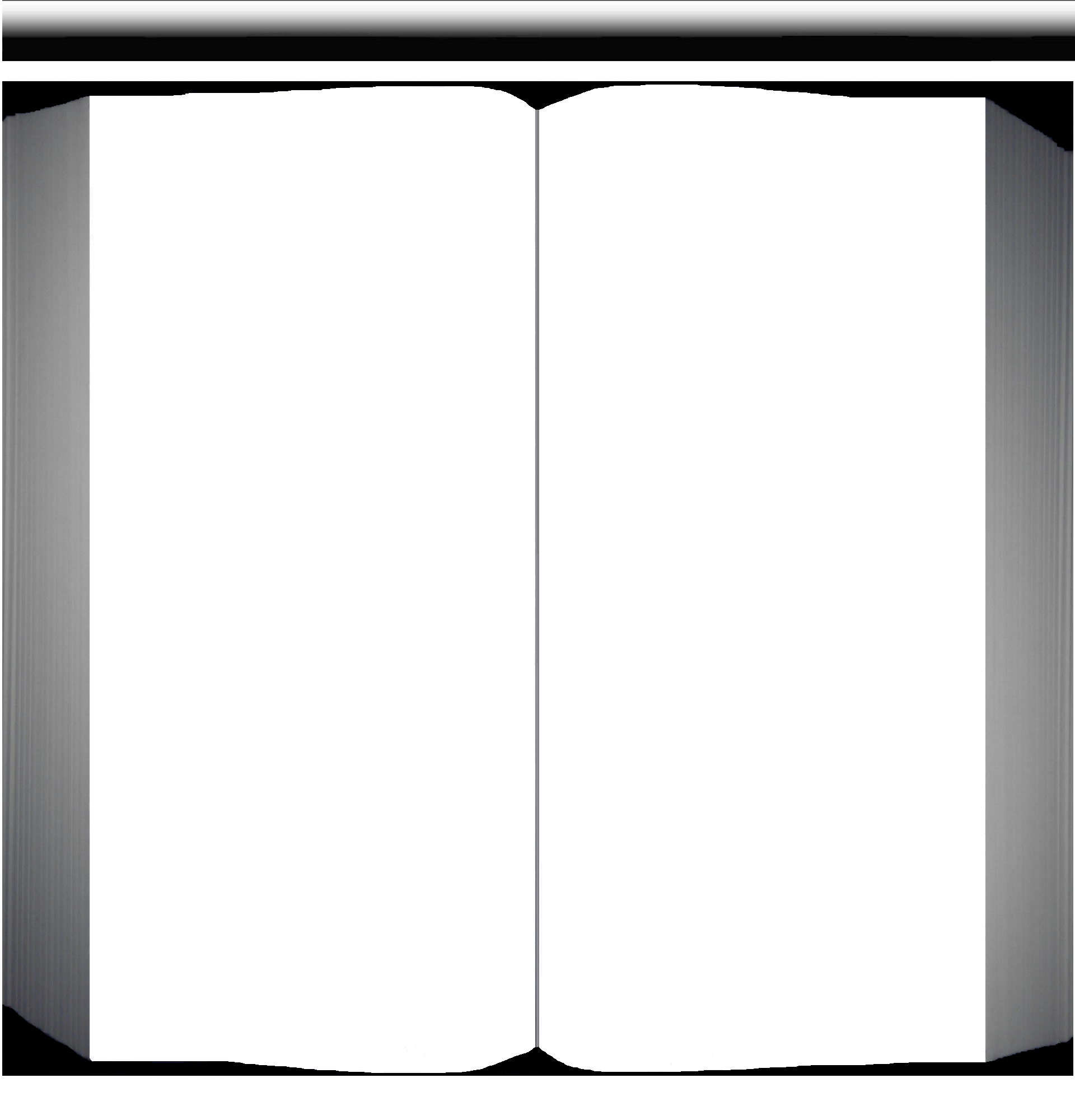

In 1833 The Abolition of Slavery Act received Royal Assent on this day making slavery illegal throughout the British Empire.
The anti-slave movement in Great Britain really broke ground with the verdict of the “Somerset Case 1772”. Lord Mansfield declared that there was no law that permitted slavery in Britain, and no law that supported it. The result of this judgement made people question that if any slave stepped foot on British soil then could they no longer be considered a slave and therefore slavery throughout the British Empire may also be unlawful.
On the 4th of February 1794 the French Revolutionaries passed a law banning slavery in France and all its colonies and became the first European nation to do so. However Napoleon Bonaparte revoked the law just eight years later on the 20th of May 1802 in many of the colonies in the west. With Napolean defeated by 1815 France began the process of completely outlawing slavery in all their colonies by the 27th of April 1848.
The United Kingdom abolished the slave trade throughout the empire on the 25th of March 1807. Britain then began to use its power in the world to convince other nations to also ban slavery. The United States banned its slave trade in the Atlantic in 1808 but would continue the trade extensively at home, finally making slavery and the slave trade illegal in December 1865 (however only 27 of the 36 states ratified the 13th Amendment which banned slavery. It was not until 1995 that the final state of Mississippi ratified the 13th Amendment and this was not official until the 7th of February 2013).
In 1810 Portugal signed the Strangford treaty with Britain in Rio de Janeiro where Britain called for the “gradual disuse and ultimate and not distant abolition of the [slave] trade. This led to the end of the slave trade in its South American colonies by 1836 and all its colonies by 1869 (slavery in the Portuguese mainland was abolished in 1761. When Brazil gained independence in 1822 it returned to slavery but it was finally abolished there in 1888).
In similar treaties with Britain Sweden banned the slave trade in 1813 and slavery on the 9th of October 1847. At the signing of the Paris Treaty on the 30th of May 1814, which ended the Napoleonic Wars, France agreed with Britain that the slave trade was "repugnant to the principles of natural justice". France agreed to abolish the slave trade and slavery which was complete in 1848. In 1815 both the Royal Navy and the French Navy began to actively patrol the western coast of Africa in order to prevent the continuation of the slave trade.
On the 28th of August 1833 the “Slavery Abolition Act” gained royal ascent making it law which came into effect the following year on the 1st of August 1834. The ban on slavery gave freedom to all previously bought slaves within the British Empire.
In 1789 William Herschel discovered Saturn’s moon, Enceladus.
William Herschel was born in Hanover, Germany on the 15th of November 1738. He moved to England at the age of nineteen with his brothers after serving in the German army. He became an accomplished composer and could play many instruments. His love of music led him to maths, then into the construction of telescopes (building over 400) and inevitably he became interested in astronomy. On a Newtonian telescope he began studying twin stars and catalogued many new discoveries. One object he studied, believing it to be a star, seemed to move in planetary orbit and once this was confirmed that is was a planet just out from Saturn, Herschel named it ‘Georgium Sidus’ or Georgian Star after King George III of England. The Name was not accepted by many, particularly the French who named the Planet ‘Herschel’ and later German Astronomer Johan Bode suggested the name ‘Uranus’, following the tradition of mythical gods. Herschel also discovered two of Uranus’s moons, Titania and Oberon, on 11th of January 1787 as well as two of Saturn’s moons, Enceladus and Mimas on the 28th of August 1789 and 17th of September 1789 respectively. He also calculated that the Milky Way was disc shaped and made many more discoveries.